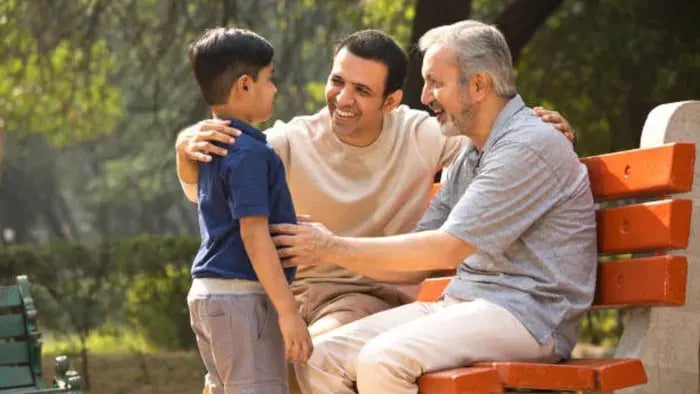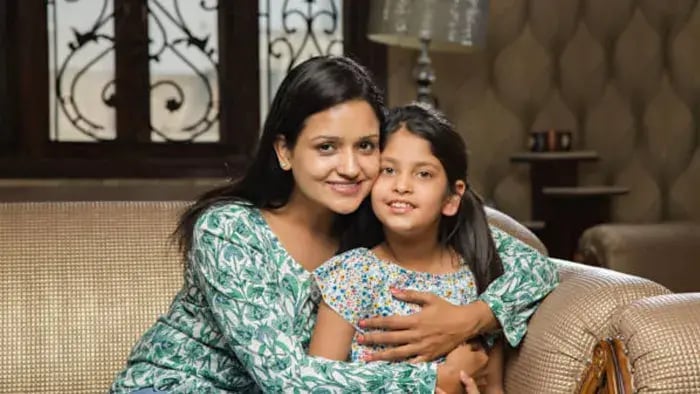- What was the best part of your day?
- If you could be any animal, which one would you be and why?”
- What do you like most about your best friend?”
- If you could make one new rule at home or school, what would it be?”
- What’s something new you’d like to try?”
- Can you teach me something you know well?”
- What do you do when you feel upset or sad?”
- What’s your favorite memory and why?”
- If your toys could talk, what would they say?”
Introduction
Communication is one of the most important life skills your child can learn, and it starts with simple conversations. For kids, talking to others can be exciting but also a little confusing or shy at times. That’s why using easy conversation starters can help them open up, share their thoughts, and learn how to listen and respond in a healthy way.

When children are encouraged to express themselves, they build confidence, vocabulary, and emotional intelligence. Regular conversations—whether during a meal, a walk, or while playing—create a safe space where they feel heard and valued. These small daily interactions also help them develop better relationships with friends, siblings, and adults.
Simple prompts like “What made you smile today?” or “If you had a superpower what would it be?” are fun and light but they encourage deep thinking and storytelling. They also teach your child how to be present, understand feelings and respect others views – skills that are essential for school and life.
You don’t need a special time to start. Just start when your child seems relaxed and ready to chat. These moments can become habits that strengthen your bond and help your child become a confident, thoughtful communicator as they grow.
9 Simple Conversation Starters for Kids to Build Communication Skills

What was the best part of your day?
Asking this question helps your child focus on positive experiences and encourages them to describe events in detail. It builds the habit of reflection and gratitude while improving their ability to recall and express emotions clearly. You also get to understand what matters most to them—whether it's a small win, a kind gesture, or something new they tried.
If you could be any animal, which one would you be and why?”
This fun, playful question allows your child to explore creativity while practicing explaining their choices. It opens the door to deeper discussions about personality traits, preferences, and how they see themselves. Children feel relaxed answering such questions, which makes them more likely to speak openly.
What do you like most about your best friend?”
When your child thinks about what they admire in a friend, they start understanding the values of kindness, support, and trust. This question also encourages them to speak positively about others and build emotional intelligence, which is key to developing strong friendships.
If you could make one new rule at home or school, what would it be?”
This question allows your child to share their thoughts on routines, fairness, and what changes they'd like to see in their environment. It encourages independent thinking, decision-making, and respectful expression of opinions. It’s also a great way to understand how your child feels about daily rules or responsibilities.
What’s something new you’d like to try?”
Children have a natural desire to explore. This question taps into that energy and helps them dream out loud. Whether trying a sport, learning to bake, or visiting a new place, talking about new experiences gives them the courage to speak up about their interests and take initiative.
Can you teach me something you know well?”
When your child becomes a teacher, it builds confidence and pride. Whether it’s a song, a game, or a fun fact, explaining something in their own words boosts vocabulary and listening skills. It also shows that their knowledge is valuable and respected.
What do you do when you feel upset or sad?”
This gentle question encourages emotional expression and helps your child identify feelings. It also teaches the importance of talking about emotions rather than hiding them. When you listen without judgment, your child learns it’s okay to be vulnerable and that communication can be comforting.
What’s your favorite memory and why?”
Recalling a favourite moment helps your child practice storytelling. They learn to structure thoughts, describe events clearly, and express emotions connected to memories. It also gives you insight into the experiences that shaped and made them happy.
If your toys could talk, what would they say?”
This fun and imaginative question invites storytelling and lets your child explore feelings through play. It’s perfect for younger kids who relate better through make-believe. While it seems playful, it helps develop creativity, empathy, and communication through a world they understand and love.
Conclusion

Helping your child build communication skills doesn’t have to be complicated—it begins with simple, thoughtful conversations. These easy starters create a safe space for your child to express feelings, share ideas, and develop confidence in speaking. They also encourage listening, imagination, and emotional understanding, which are all key to strong communication. By making these chats a regular part of your day, you support your child’s growth in a fun and natural way.
Her love for storytelling began with reading her grandfather’s speeches, where Tarishi saw the power of words in creating lasting memories. Combining her passions for food and writing, she has turned her life into a fulfilling path of sharing stories that celebrate flavours and how food brings communities together.
The views expressed are that of the expert alone.
The information provided in this content is for informational purposes only and should not be considered a substitute for professional medical advice, diagnosis, or treatment. Always seek the advice of your physician or another qualified healthcare provider before making any significant changes to your diet, exercise, or medication routines.
















